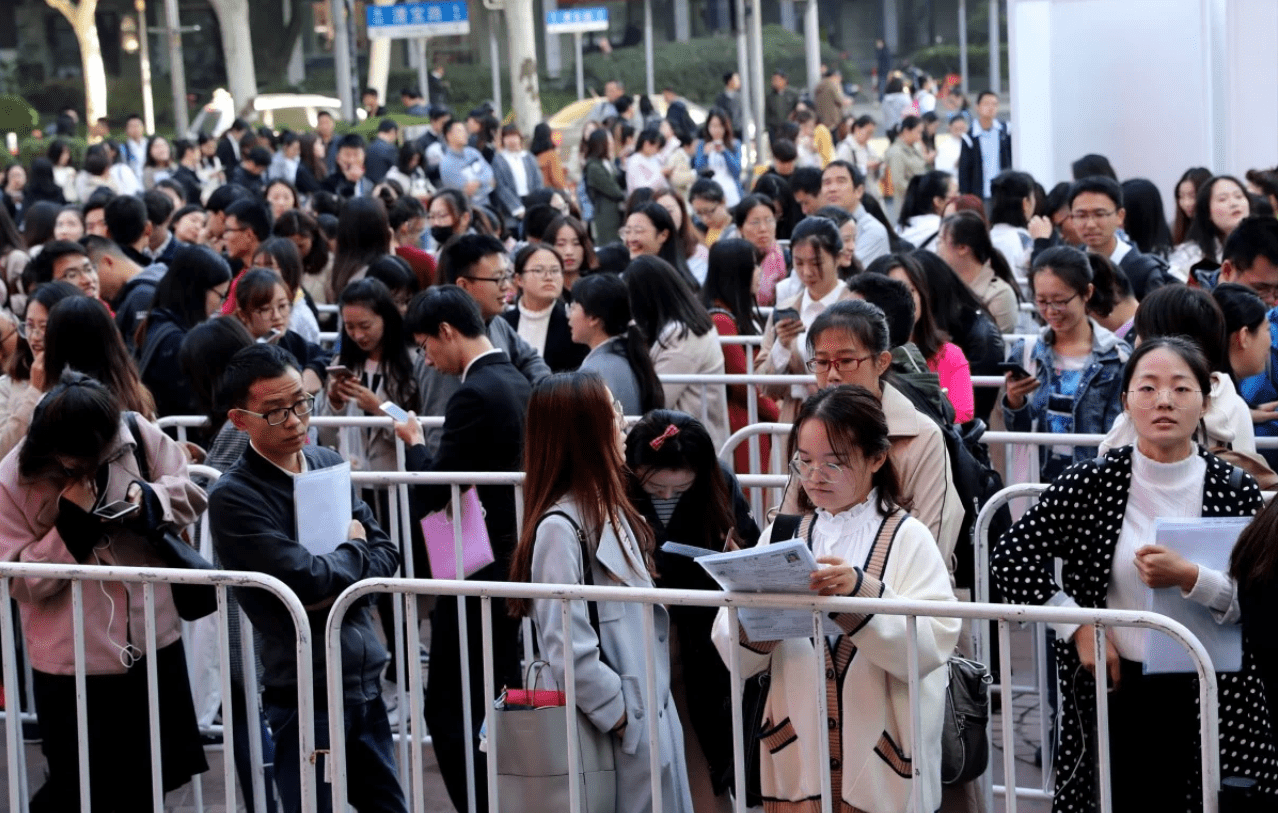Beijing encouraging fresh graduates to take up menial ‘labor’ jobs
There is an undercurrent of dissatisfaction and anger among Chinese fresh graduates over growing unemployment in China. They are facing difficulties in getting jobs matching their qualifications. While China’s economic recovery has begun to gain momentum, with growth rebounding to 4.5 per cent in the first quarter after pandemic restrictions were scrapped early this year, youth unemployment has remained a persistent area of pain.
The Chinese Government, instead of providing job opportunities, is urging graduates to accept other menial jobs involving “manual labor” work. They are shifting the blame of soaring unemployment on jobless university graduates, accusing them of refusing to put aside their professional ambitions and take on manual labor. The Communist Youth League last month criticized young graduates for holding on to their professional aspirations, accusing them of refusing to “tighten screws in factories” and exhorting the current generation to “take off their suits, roll up their sleeves and go to the farmland”. A much-liked WeChat retort to the Communist Youth League was to ask if its author was “willing to give up his current position and salary to become a cleaner”.
Simultaneously, the propaganda machinery of Chinese state is circulating fake stories on social media about people making good amount of money in non-white collar jobs. State media outlets, led by China Central Television, ran multiple profiles last month of recent university graduates who claim to earn seven-figure incomes ($145,000 and above) in professions that do not require advanced qualifications. In one widely shared video published by CCTV, a young couple with college degrees said they made Rmb 9,184 ($1,335) a night as street food vendors selling teppanyaki tofu and French fries in eastern Zhejiang province. In response, a popular post on microblogging platform Weibo estimated that the street food vending couple would need to serve 1.6 customers per minute throughout the night in order to meet their sales target. “If it’s so easy to make money,” wrote the author, “I am sure we will be surrounded by tofu and French fry vendors everywhere.” A few days later, the couple conceded in an interview with the Beijing Youth Daily that their sales were generally at least a third less than the day of the CCTV interview.
The backlash underscores growing public anger over lack of social mobility in China, where corona virus controls and a sweeping crackdown on the private sector have weighed on the world’s second-largest economy, further entrenching inequality. Young job hunters were hit particularly hard by lockdowns, and many are still struggling. Unemployment in March among those aged 16 to 24 reached 19.6 per cent — the second- highest level on record — and has now stood above 16 per cent for a full year. By contrast, the country’s broader jobless rate has hovered at about 5 per cent.
The swelling ranks of jobless youth also represent a looming demographic challenge for Chinese policymakers. The country’s population is entering decline for the first time in six decades just as concerns mount about a structural slowdown in economic growth. “Investing in education no longer guarantees a high return,” said Ming Xia, a political- science professor at the City University of New York, “That has undermined the basic idea of how ordinary people could climb the social ladder”.
The situation shows little signs of easing, as a record 11.6 million college graduates are expected to enter the already tight labor market this year. A survey conducted in November 2022 of 100 China-based employers by 51job.com, a job listings website, found that more than half of respondents planned to reduce hiring in 2023.













